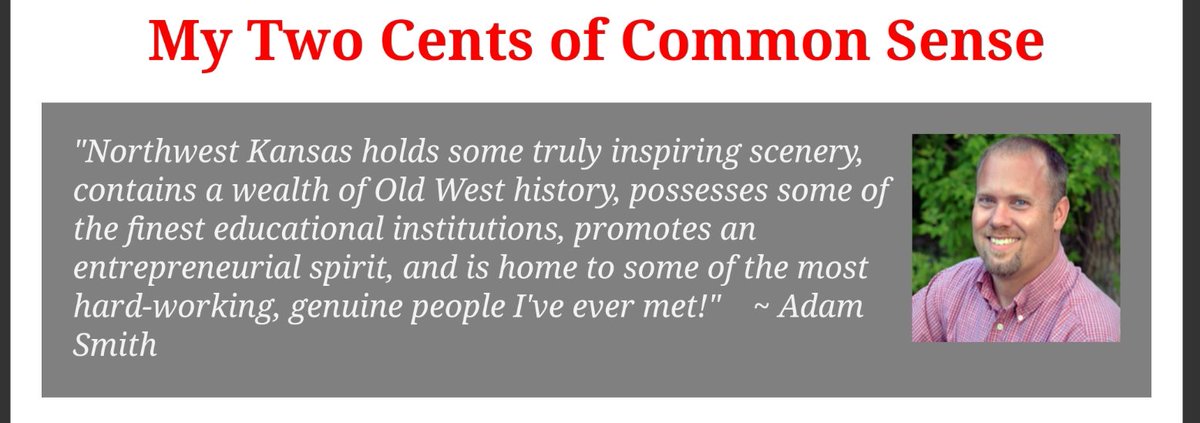This week we looked at two similar, but distinct, phenomena: homophily and conformist bias. We focused on their epistemic effects, how do they effect learning?
Conformist bias is that people tend to change their opinions (or stated opinions) to match the opinions of those around them.
academic.oup.com/qje/article-ab…
We looked \at repeated averaging models in a previous week, and many of the same questions and concerns arise there.
philarchive.org/archive/SULCRS
The concern they raise, quite reasonably, is that this limits how "wise" we might thing crowds are... at least on this issue and on this venue.
aydinmohseni.com/wp-content/upl…






